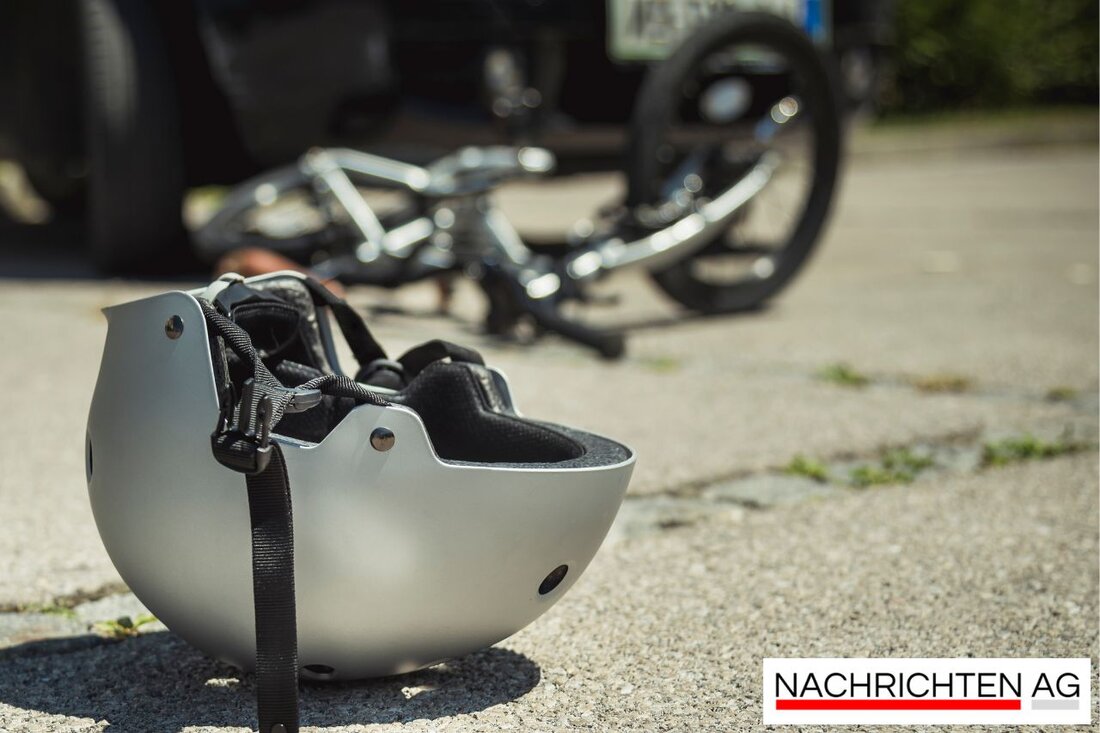Parking shortage on Alsergrund: Residents demand rethinking of construction sites!
Hans Huber, 81, lives on Alsergrund in Vienna and criticizes the worsening parking situation caused by construction sites in the district.

Parking shortage on Alsergrund: Residents demand rethinking of construction sites!
In Vienna, more precisely in Alsergrund, 81-year-old Hans Huber, former ORF sports director, is confronted with a problem that many residents feel painfully: the parking situation is catastrophic. He has lived there for over 20 years and now often has to search for 20 to 30 minutes to find a parking space on his doorstep. A significant deterioration is caused by current construction sites in the 9th district, which have reduced the available parking space from 254 to just 76 spaces - that's a dramatic 70% fewer spaces. He cites these circumstances as unreasonable and calls for more consideration in city planning, especially for residents.
As the district management emphasizes, they are involved in construction site negotiations and strive to minimize disruption. Nevertheless, residents find little understanding, especially when they are referred to the nearby WIPARK garage. Their prices – 6.90 euros per day or 173.35 euros per month – are considered unaffordable. In comparison, the scheme is very popular in the 7th district, where residents only have to pay 100 euros per month for a garage space. Huber and Christoph Weißenbäck from the citizens' initiative “Livable Alsergrund” loudly demand that the needs of residents be taken more into account in the planning.
Plans for a better quality of life
The city of Vienna has ambitious goals to increase the quality of life in urban areas. A comprehensive redesign of Julius-Tandler-Platz is already in progress and should be completed by the end of 2025. Plans include 46 new trees, seating and a safe cycle path. These changes are aimed at creating a more climate-friendly and livable city, which also includes future parking space management. According to the city's plans, Vienna should be climate neutral by 2040.
But there is also criticism of the current parking strategies. As the Greens in Vienna point out, a lot of space is taken up by parked cars. These parking spaces are often not available to the general public and prevent safe sidewalks and cycling infrastructure. Cars should be kept in garages in many places while streets are reclaimed for people and cyclists. New, flexible models are needed to control traffic in the city and make better use of space instead of continuing to sacrifice valuable walking and green spaces for parked vehicles.
Adaptations in other cities as a model
The problems in Vienna are not unique. In many European cities, measures to improve public space look similar. For example, Vienna could learn from cities like Amsterdam, which have introduced staggered parking tariffs, or Oslo, where the focus is often on car-free parts of the city. In addition, comprehensive parking space management that takes into account the needs of residents could significantly improve the current situation.
Overall, it is clear that the parking situation in Vienna is a focal point that not only affects residents, but also urban planning. It remains to be seen how the city and its citizens will respond to these challenges.
You can find out more about parking space management in Vienna and the proposed measures on the website Greens as well as the VCOE read up. In any case, the current challenges and the upcoming solutions offer something to talk about in the Danube city.
For Hans Huber and his neighbors, it remains to be seen whether their voices will be heard and changes in the city's planning will finally be implemented.

 Suche
Suche
 Mein Konto
Mein Konto